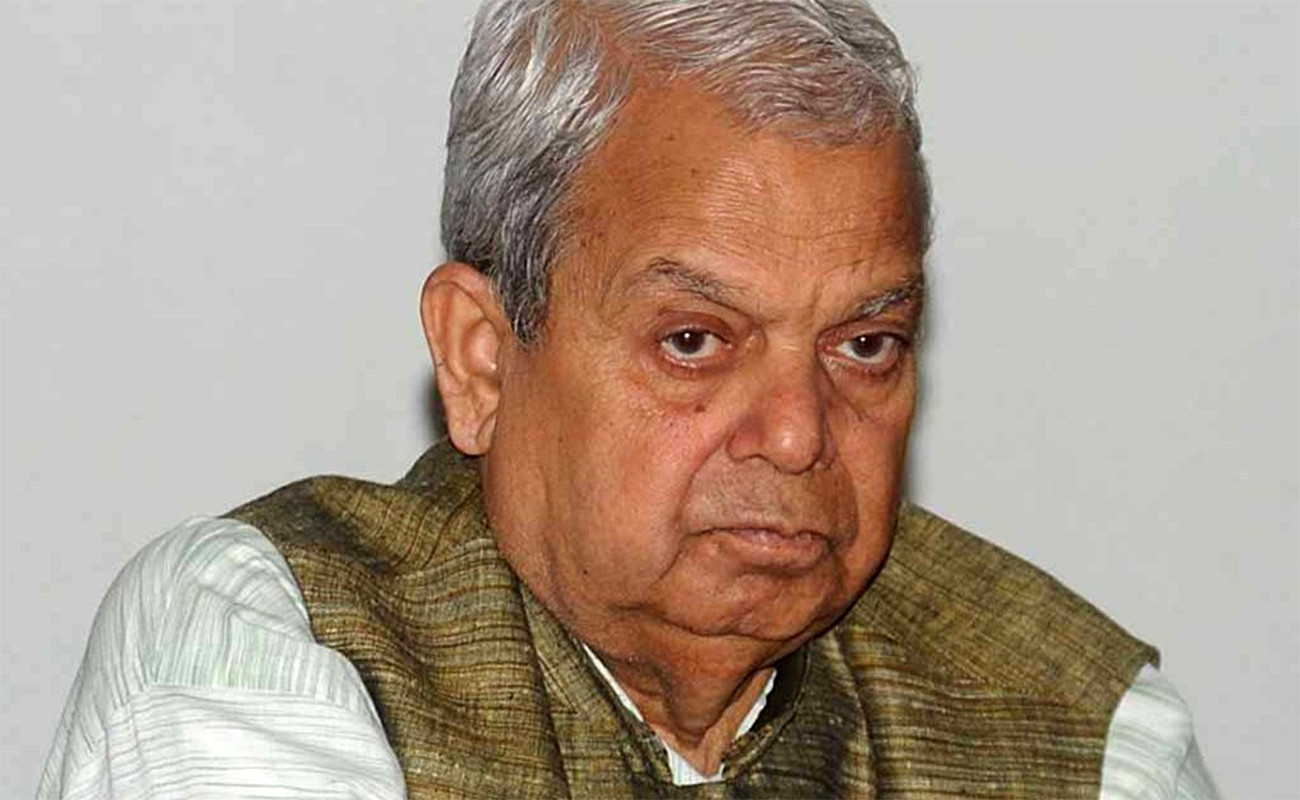The preference of Janata Samajwadi Party (JSP) to forge electoral alliance with the main opposition CPN-UML instead of continuing the alliance with the ruling coalition has come as a boon for Loktantrik Samajwadi Party (LSP).
JSP Chairman Upendra Yadav decided to join hands with UML just before filing of nominations last Sunday after the party couldn't get to field its candidates in as many places as it wished for.
The ruling coalition then negotiated with LSP, which was talking with UML for electoral alliance, and decided to ally with the party. LSP has now got to field its leaders as the common coalition candidate in seven House of Representatives (HoR) constituencies of Madhes Province (it has also fielded its candidate in Sarlahi-2 opting for cordial competition with the coalition there) and 16 provincial constituencies.
This has come as a boon for LSP as UML was interested more in attracting LSP leaders into the party than forging electoral alliance, and had already welcomed LSP leaders Uma Shankar Argariya and Iqbal Miya who were elected to the HoR from Dhanusha-2 and Bara-2 in the last parliamentary election in 2017.
The party, which had managed to get its candidates elected as mayor/chair in just 14 local bodies as opposed to JSP's 25 in the recent local election, looked unlikely to win more than one seat even if it had allied with UML. The ruling coalition including JSP would have been ahead in almost all the constituencies of Madhes with the UML-LSP combination ahead only in Bara-2 on the basis of votes received in the recent local election.
The fact that Nepali Congress (NC), CPN (Maoist Center) and CPN (Unified Socialist) of the ruling coalition together are far stronger than UML alone in the province means LSP, which is the largest party only in Mahottari-2 on the basis of votes received in the local election, is likely to win in most of the seven constituencies where its leaders are contesting as common coalition candidates.
The then Rastriya Janata Party (RJP), which is largely LSP now, had won in 10 HoR constituencies through the first-past-the-post electoral system in 2017 but it currently has only seven of those winning candidates in the party. The alliance with the ruling coalition means it will not be significantly weaker than its strength in the last HoR.
It will get more federal lawmakers through the proportional representation (PR) system if it manages to cross the three-percent threshold.
JSP would have been the undisputedly dominant Madhes-based party had it remained in the ruling coalition as the coalition looked set to almost sweep the whole province. LSP now can be a competitor with JSP for supremacy in the province as the JSP-UML alliance looks set to be weaker than the ruling coalition including LSP particularly after Prabhu Sah, with a strong base in Madhes, ditched the main opposition party and decided to contest as an independent candidate.
The ruling coalition, which would have struggled to better the JSP-UML alliance without support of LSP, has also benefited as it now looks stronger than the JSP-UML alliance on the basis of performance of parties in the recent local election.
Madhes Province Chairman of LSP Jitendra Sonal has told Setopati that the party had to join the ruling coalition due to the electoral system. "The parties must remain in one coalition politically. We are now with the ruling coalition. We get to field fewer candidates after electoral alliance but there is a higher chance of those candidates winning," Sonal has reasoned. "Others will benefit due to us and we will also gain due to others."
He has also claimed that LSP will not suffer a big loss after a few LSP leaders joined UML pointing that leaders and cadres from other parties have also joined LSP recently.

